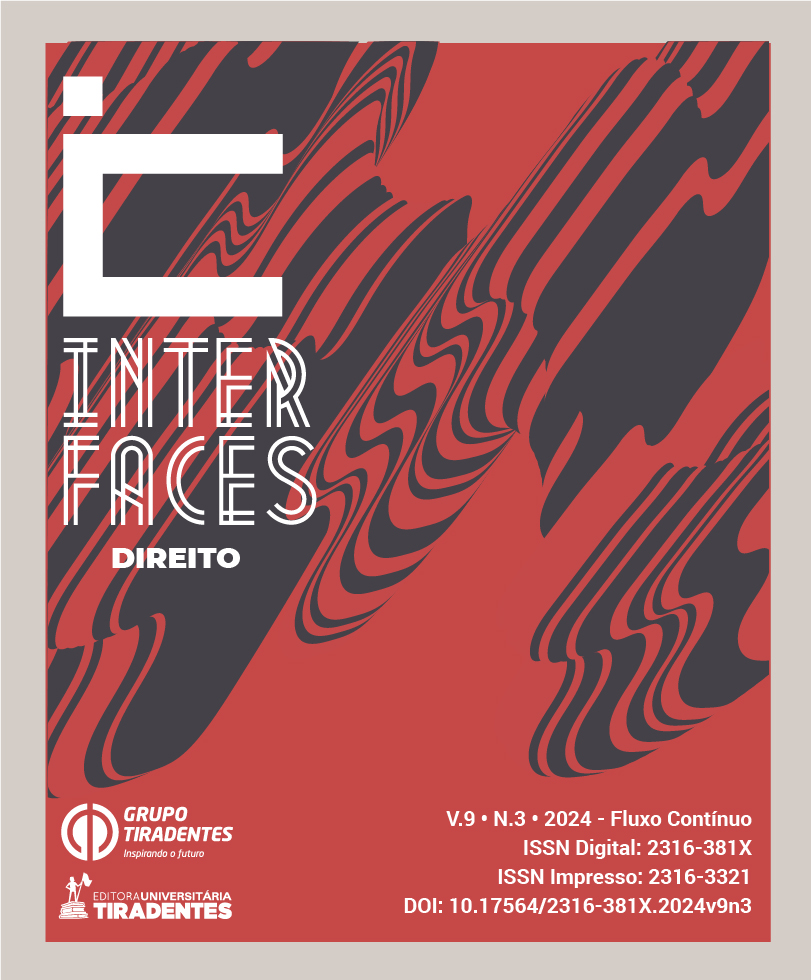FROM IDEALIZATION TO RECHAZO
AN ANALYSIS BASED ON THE CHILEAN CONSTITUENT EXPERIENCE OF 2022
DOI:
https://doi.org/10.17564/2316-381X.2024v9n3p167-180Abstract
The present study analyzes the origin of legal pluralism in Chile, as well as its formal and jurisdictional aspects, from the so-called new Latin American constitutionalism movement. Generally speaking, the antecedents that motivated the outbreak of legal pluralism are common to the Latin American countries inserted in this context of social conflicts. This is a scenario where the demands of the native population were suppressed, first by the European colonizers, then by the dictatorship. Nevertheless, the rejection of the new proposal for the Chilean Constitution in 2022 reveals, with respect to the recognition of extra-state jurisdictions, the challenges faced by original peoples. The following questions are intended to be answered: How does legal pluralism originate in Chile?; how does pluralistic jurisdiction manifest itself in that country with respect to recognition by the state? The method used is qualitative, working from an interdisciplinary perspective, moving through the areas of political science, anthropology, and law. In the final considerations, the legitimacy of the cause raised by the new Latin American constitutionalism in Chile is pointed out, and the practical obstacles to its realization are demonstrated.












